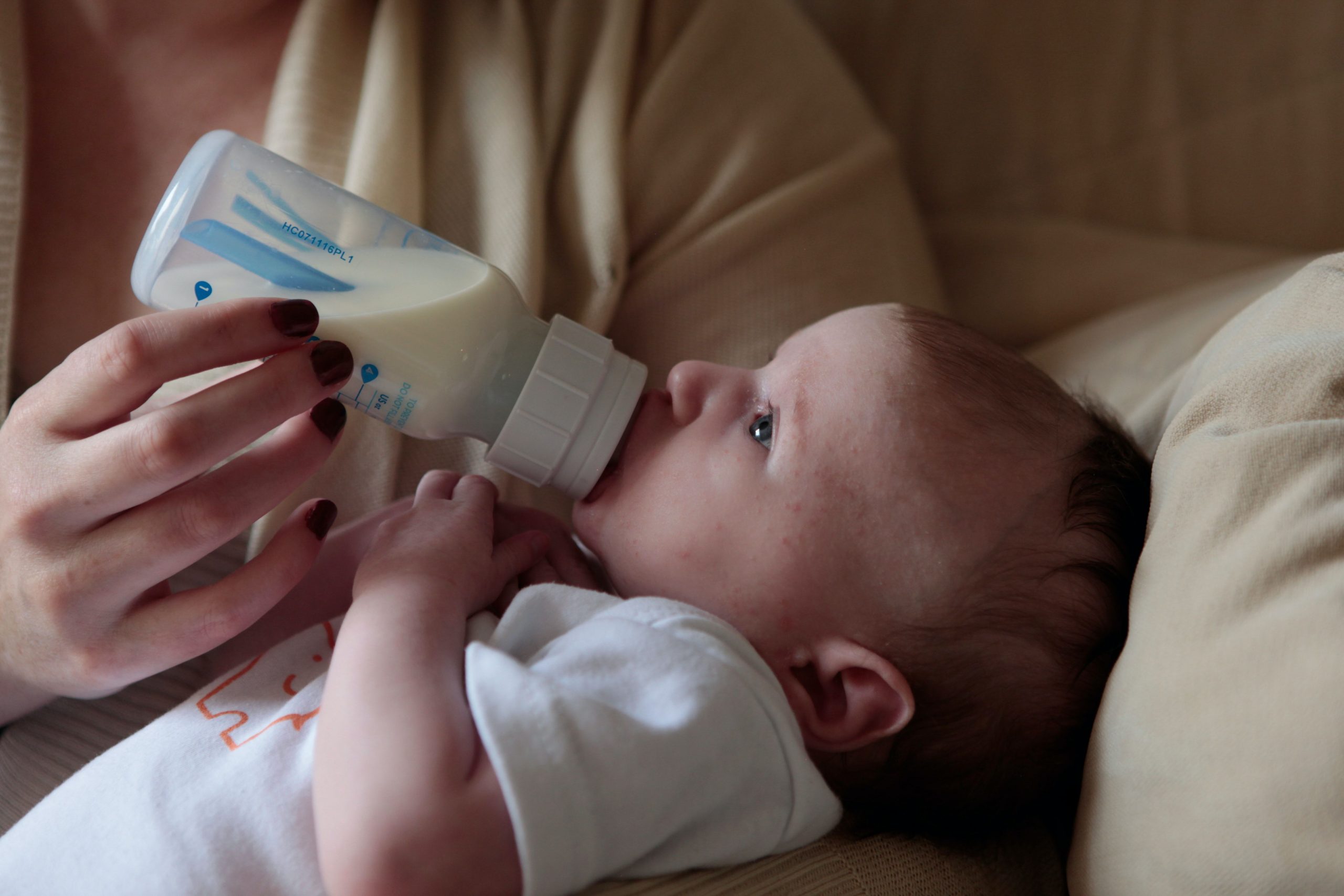Abbott
Labs, a United States-based baby formula maker, has recalled 59 millilitre
bottles of ready-to-feed liquid formula because of a problem with bottle caps
on some bottles that may not have sealed. The company said if a child were to
drink the formula, it could cause diarrhoea and vomiting. However, the quantity
of baby formula being recalled is said to be marginal compared to the recall
that happened earlier that caused a crisis throughout the country.
Also Read | Oh Florida! Baby formula scammers get 18 years jail for taking $100 million
A
spokesperson for Abbott Labs told CNN that the recalls constitute less than a
day’s worth of the total infant formula used in the US and should not impact
overall supply.
The brands
that have been recalled include: Similac, Pro-Total, Comfort, Similac 360 Total
Care, Similac 360 Total Care Sensitive, Similac Special Care 24, Similac Stage
1, Similac NeoSure, Similac Water (Sterilised) and Pedialyte Electrolyte Solution.
Also Read | A Korean War-era law is fighting US’ baby formula crisis
The baby
formula being recalled this time was manufactured in Columbus, Ohio, not in
Sturgis, Michigan. The Michigan plant of Abbot Labs was at the centre of controversy
when a recall led to a shortage of baby formula in the United States.
The Sturgis
plant stayed shut for months after an FDA (Food and Drug Administration)
inspection found Cronobacter sakazakii bacteria at the plant. The bacteria are
regarded as deadly to infants. Similac, Alimentium and Ele Care powdered infant
formulas were recalled.
Also Read | Infants hospitalised in South Carolina due to baby formula shortage
This
recall, however, does not include any other liquid or powder formula brands or
other products produced at the Ohio plant.
The lots
affected have been listed on the website similacrecall.com. Joe Manning, Abbott
vice president of nutritional products, said, “We take our responsibility to
deliver high quality products very seriously. We internally identified the
issue, are addressing it, and will work with out customers to minimise
inconvenience and get them the products they need.”







